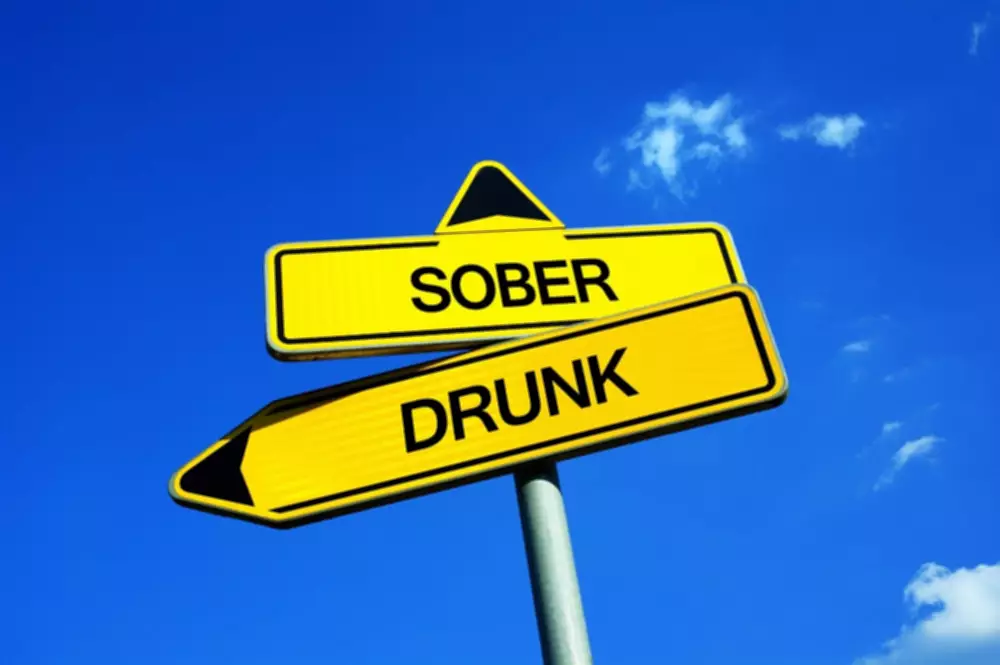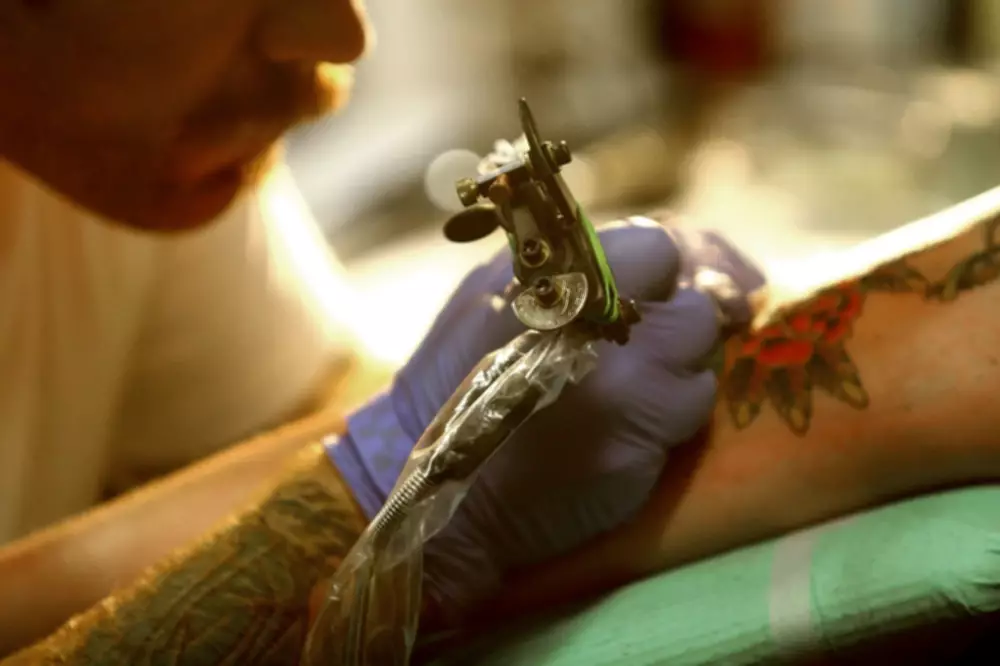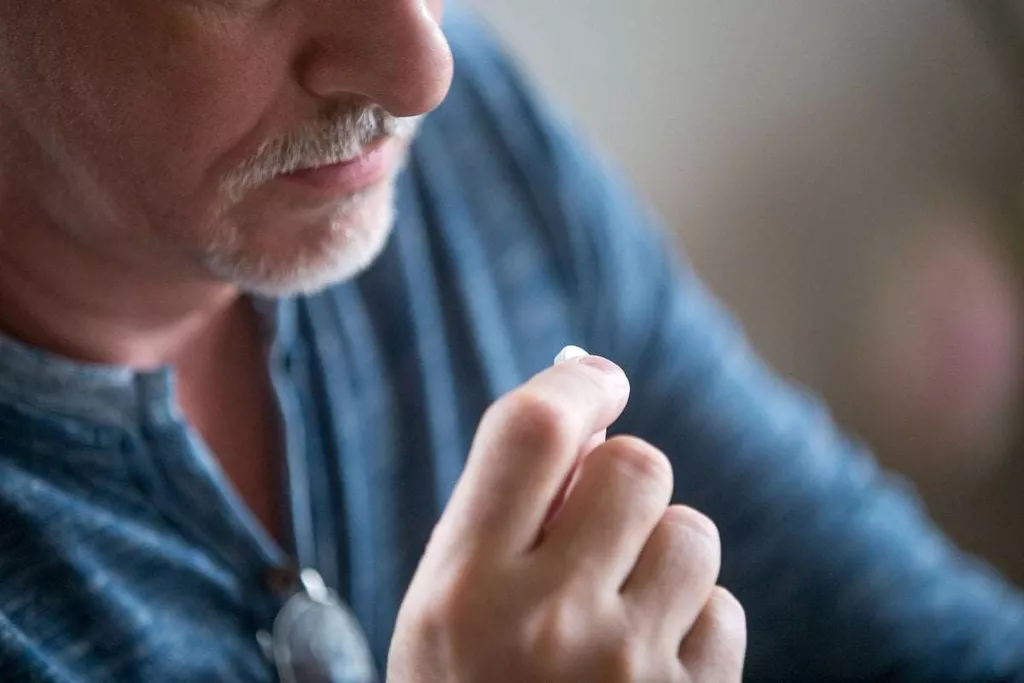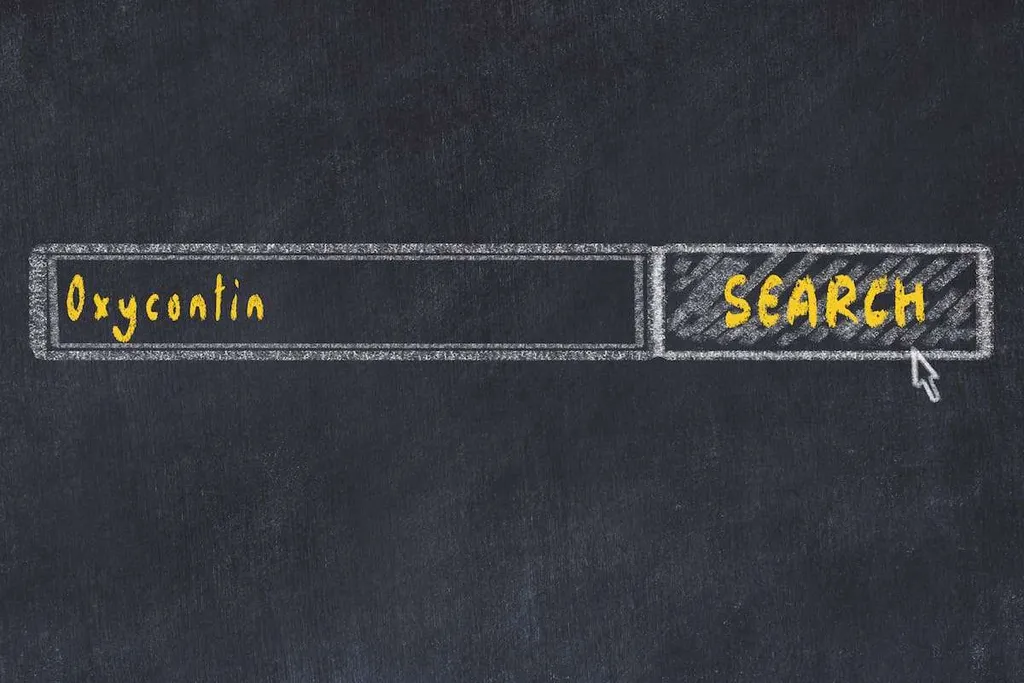
The year prior to coming down here, I was isolating in my apartment because I have an autoimmune disorder and didn’t want to get Covid-19 (even though I was killing myself with alcohol). I really like the gym, so I applied, and I just got the email that I’m hired. I so look forward to paying this forward, a lifelong journey of helping people in recovery, and I am excited for the gifts sobriety has already given me. With gratitude from the bottom of my heart, I want to thank the team at Living Amends.

Join our Mailing List
In simple terms, it means taking responsibility for the person you used to be and how you caused harm to the people in your life who care about you. In addition to these personal benefits, making amends can also positively impact relationships and communities. By repairing damaged relationships and rebuilding trust, individuals can strengthen their support system and create a more positive and supportive environment for themselves and those around them. Making amends is an essential part of the recovery process, and it can have a profound impact on individuals, relationships, and communities. “Freedom” seems to be the word that most clearly describes the essence of Step Nine.
Direct Amends in Recovery
Attempts to make amends can create more harm if you enter a situation focused only on yourself and what you want to get out of it. I appreciate everything this scholarship has done for me, and I am extremely grateful for the chance it gave me to further myself in my recovery. I am happy to be able to pass this gift on to others in early sobriety to help them in the same way that it has helped me. Living Amends helped out my recovery and sobriety immensely.
How Soon Do I Start to Make Amends Once I Am Sober?
Having the support of this scholarship to help me be able to stay in sober living has greatly increased my spiritual and emotional health. For the first time in my life I find myself inviting God into my daily life. While still very new to this, most of my prayers are simple. I ask in the morning for God to help me stay sober today and guide me in my recovery.
- She heard my situation and understood and sympathized with my desperation and earnest want to live a better life.
- Then we make space for other people to hurt and heal—not just now, but into the foreseeable future.
- Addressing co-occurring mental health issues alongside maintaining sobriety via dual diagnosis treatment is also helpful to this end.
- A big part of working the 12-Step Program is making amends.

One can start with those amends that may be easier and work their way up to the more challenging ones. A 12-step program fosters long-term recovery through spirituality, growth, and accountability. Each step presents challenges that encourage change in mindset and behavior. Mutual Aid, peer led support groups like Alcoholics Anonymous guide members to work through these steps to maintain sobriety and help others. Apologies can only go so far in repairing past pain, but drug addiction it’s a place where you need to begin to heal.
There are a lot of fearful feelings before, during and after making amends in the ninth step. While working step nine it’s really important to understand that the way things feel is not necessarily the way things are. Because we are feeling afraid we assume that this means we truly have something to fear. To prepare for this step it’s a good idea to let go of all our expectations about how our amends will or should turn out. When it comes to making amends to others, there are usually a lot of fears and living amends expectations involved.

We don’t pay the full amount for your stay in the sober living facility. We require recipients to pay 25% of the first month’s rent at their sober living facility. In the second month, if they reapply and successfully are awarded the second month’s rent, the resident will pay 50% of the rent.
The reason why it is better to make amends earlier rather than later is based on experience and case studies. Many recovering alcoholics have relapsed when they allowed their fears to block them from completing step nine. For example, Dr. Bob, one of the original founders of the AA program, could not stay sober until he went around town and made amends to all those he had hurt.

Recovery Stories

I believe that without the scholarship, I would have had no choice but to move back home with my parents, resulting in a relapse. Because of the scholarship I received, I have been given the blessing of getting to live in a supportive home filled with other women working the program. I have also been graced with enough time to settle into this new area and find employment. I am very happy to say that I am on my third week here at Mir House, and I am doing better than I could have ever imagined. The home has been extremely welcoming, and I have been blessed enough to find a well-paying job. I couldn’t imagine getting where I am today without the aid of the Living Amends scholarship.
Recover From Substance Use Disorder at First Steps Recovery
Engaging in the process of making amends serves several vital purposes in an individual’s recovery journey. Firstly, it allows the person in recovery to separate themselves from the disease of addiction, recognizing that their past actions were not a reflection of their actual values and character. Our comprehensive approach includes recovery support services, counseling, and resources for making a sincere apology and working through the amends process. We help individuals address past wrongs while guiding them through a complete addiction recovery plan. When I received my first month scholarship at a point where I had to decide between my job and having a place to live.
